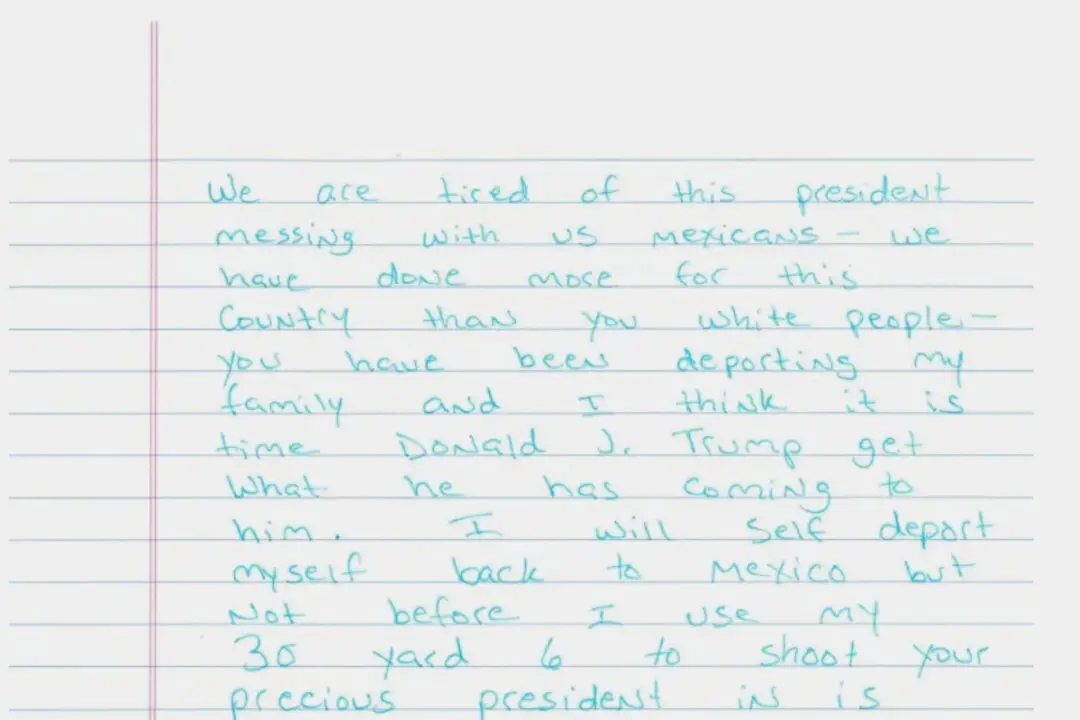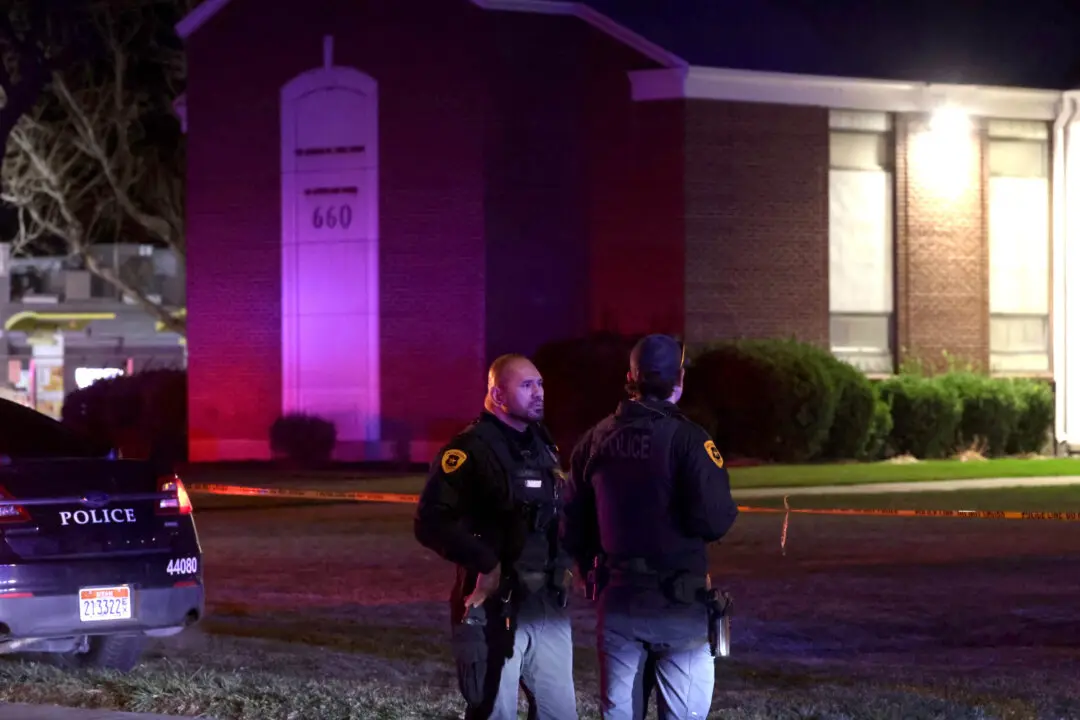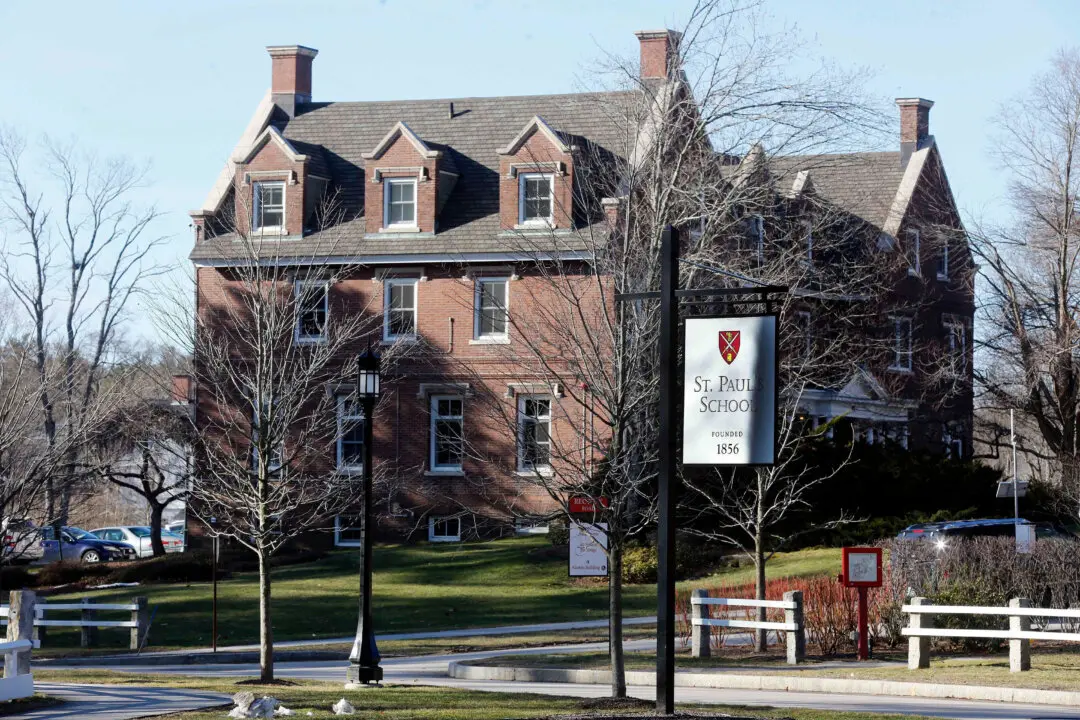LOS ANGELES—The heavyweight legal fight between the federal government and Apple Inc. heads to the courtroom after weeks of public sparring over whether the tech giant should be forced to hack into a dead San Bernardino attacker’s iPhone.
The sides face off in U.S. District Court in Riverside on Tuesday. They will present witnesses and argue before a magistrate judge who previously ordered Apple to help the FBI crack the code on Syed Rizwan Farook’s phone.
The hotly disputed case is in the earliest stage of what is likely to end up at the Supreme Court and set a precedent with broad implications for national security and the reach of law enforcement, as well as the privacy of troves of personal information kept on digital devices.
“What makes this issue hard is that there are security interests on both sides,” said Kristen Eichensehr, a visiting law professor at the University of California, Los Angeles. “On the one hand, encryption secures people’s communications from prying eyes—criminals, foreign governments and the U.S. government. On the other hand, law enforcement and intelligence agencies seek to serve national security by solving crimes and preventing attacks.”
For more than a month, the two sides have waged a very public debate over whether breaking into one phone would jeopardize the security of all encrypted devices.
Prosecutors have argued that the phone used by Farook probably contains evidence of the Dec. 2 attack in which the county food inspector and his wife, Tashfeen Malik, slaughtered 14 at a holiday luncheon attended by many of his work colleagues. The two were killed in a police shootout hours later.
The FBI has said the couple was inspired by the Islamic State group. Investigators still are trying to piece together what happened and find out if there were collaborators.
The couple destroyed other phones they left behind and the FBI has been unable to circumvent the passcode needed to unlock the iPhone, which is owned by San Bernardino County and was given to Farook for his job.






